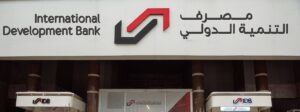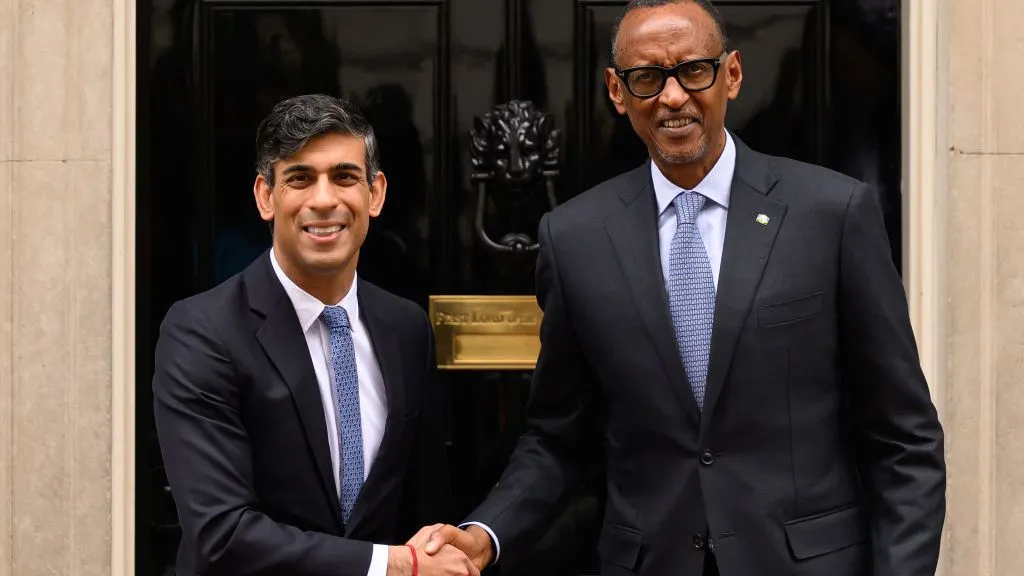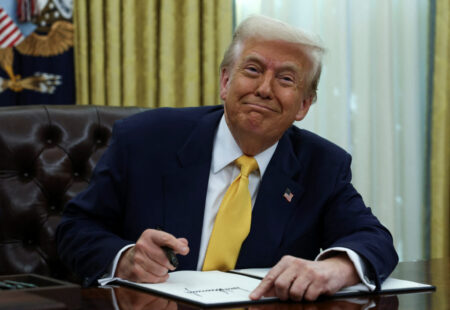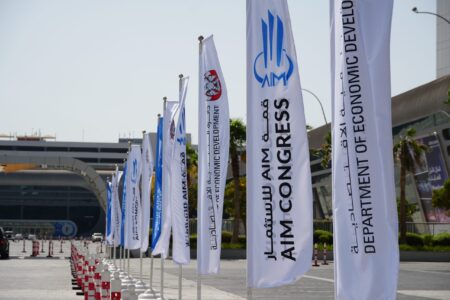- Breitling Navitimer replica
- UK paid Rwanda $307 million as part of a migration deal and more were set to come.
- With new Prime Minister Keir Starmer, the Rwanda migration plan stands dissolved, leaving Kigali with millions.
- Presient Paul Kagame and his government say there is no obligation to refund the money.
It is not a big deal if mere mortals break their promises at some point, but not for a nation like Rwanda getting cold feet when it comes to refunding $307 million intended for a scrapped migration deal. On July 9, the Rwandan government said a multi-million-dollar migrant deal with Britain that was scrapped by the current Labor government led by Prime Minister Keir Starmer contained no stipulation about refunding monies already wired to Kigali.
The plan was kinetic as it saw Britain paying Rwanda $307 million since the scheme was announced in April 2022, and consequently, Rwandan President Paul Kagame explicitly said, the money could be returned if no migrants were deported into the East African nation.
“It is only going to be used if those people will come. If they don’t come, we can return the money” President Kagame said. Lately, his government appears to have changed tune, indicating that it was under “no obligation” to make any refund.
Despite former Prime Minister Rishi Sunak’s efforts to push through legislation that deemed Rwanda a safe country despite human rights concerns, the migration deal did not materialize.
The UK’s new Prime Minister Keir Starmer announced on Saturday that the plan forged by the previous Conservative government to deport asylum seekers to the East African country was “dead and buried”. “The Rwanda scheme was dead and buried before it started. I’m not prepared to continue with gimmicks that don’t act as a deterrent,” Starmer told reporters
On the same note, the Rwanda government added, “let this be clear, paying back the money was never part of the agreement”.
Rwanda-UK migration plan
In April 2022, the UK and Rwanda signed an agreement for Britain to deport people seeking asylum in the European country to the East African country, in a deal dubbed the “Migration and Economic Development Partnership” or “Rwanda Plan”.
According to agreement details, the UK was set to make significant economic aid and per person payments to Rwanda. More specifically, the UK was providing £370 (over $470million) million in development funding to Rwanda, plus another £120 million ($150 million) once 300 people have been relocated.
The UK was also obligated to pay Kigali up to £171,000 ($219,000) per person relocated, largely to cover a five-year integration package. By the end of 2023, a total of £240 ($307 million) million had already been paid to Rwanda. Another £50 million was due for payment in April 2024.
However, according to the International Rescue Committee (IRC) report, in November 2023 the UK Supreme Court ruled the plan was unlawful as deporting migrants to Rwanda would breach both British and International human rights laws and agreements.
Further, in response, the Prime Minister agreed a new treaty with Rwanda and brought forward new legislation – the Safety of Rwanda (Asylum and Immigration) Act – designed to override any legal obstacles and declare the country to be safe.
In practice, this plan would have seen asylum seekers arriving in the UK stopped from asking for protection, instead, be transported to Rwanda, where they would be processed under Rwanda’s legal system and effectively deter them from setting foot in the UK.
“The scheme was widely criticized as a threat to the welfare of vulnerable people who arrive in the UK, hoping to find safety. MPs from all parties, charities and human rights groups spoke out against the policy. Everyone has the right to seek asylum and we know that when welcomed, refugees offer huge contributions to their new communities. The UK Government should be protecting and welcoming refugees, not sending them miles away,” the IRC report stated in part.
Read also: Rwanda sees 39% surge in bank borrowers as Sacco and MFI loan uptake declines
Why Rwanda?
For all it is worth, Rwanda has been making significant progress in diplomatic relations with Europe. For instance, Rwanda joined the Commonwealth of Nations in 2009 as only the second country to be admitted without any colonial or constitutional links to the UK.
In a bid to tackle its migration situation UK thought Rwanda’s current economic progress might suit its pressing refugee and asylum seeker crisis as thousands of migrants continue to stream in.
According to the IRC report, the former UK Government said that the Rwanda asylum policy aimed at tackling and deterring the business model of people smuggling and small boat crossings into the European nation.
“The Partnership will see those travelling to the UK through illegal, dangerous, or unnecessary methods considered for relocation to Rwanda, where they will have their asylum claim processed,” Guidance from the Home Office stated at that time
This included all asylum seekers, as there is no way to apply for asylum from outside the country, and no refugee visa to enter the country ‘legally’. This is in spite of the fact that under the Refugee Convention, of which Britain is a signatory, asylum seekers have the right to apply for asylum in the UK, and not to be penalised for arriving irregularly (as this is often the only option for people in flight).
So, where did the money UK wired into Rwanda go?
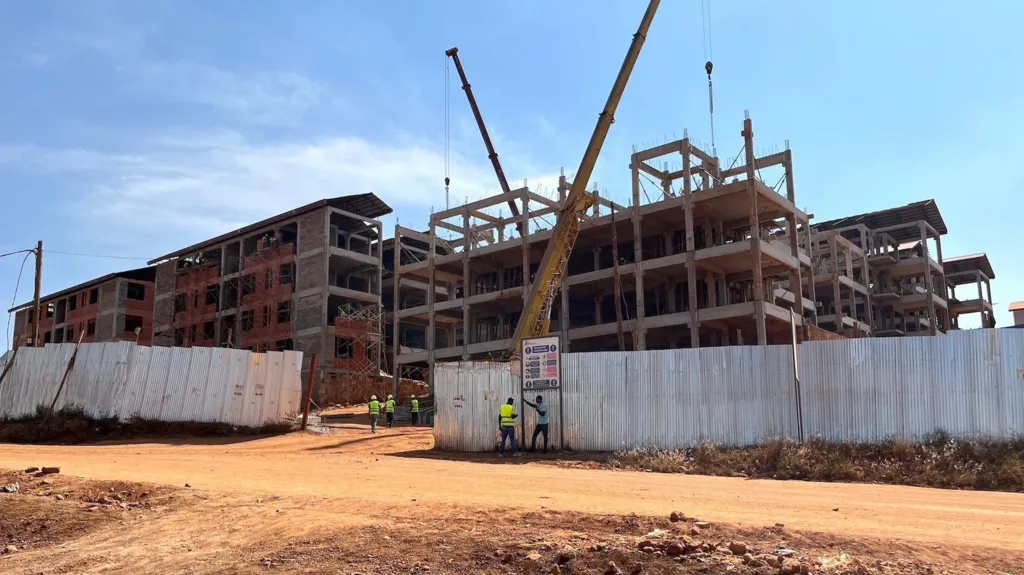
Already, there are structures erected in Kigali which were supposedly destined for the migrants. According to the BBC, in Kigali, workers hired to build the homes for the asylum seekers expressed concern about UK’s burnt down deal.
The scheme’s collapse could “badly affect our lives”, a worker at the Gahanga told BBC. Employees on the site get paid between £1.80 and £6 per day, relatively good wages for construction workers in Rwanda. Resident Mariya Nyirahabimana said the value of houses in her neighbourhood had increased significantly since construction started, but she feared that “poverty could come back.”
At the moment, the status of the funds UK wired to Rwanda remains unclear, with some quarters noting, “some money could be returned if no asylum seekers aren’t deported” even as other claim, “the agreement did not stipulate refunding” and later “we are not obligated” to refund.
